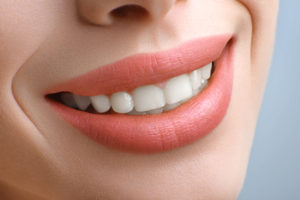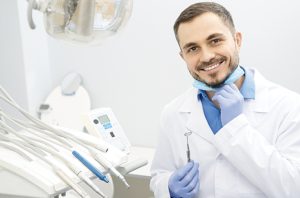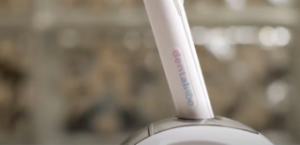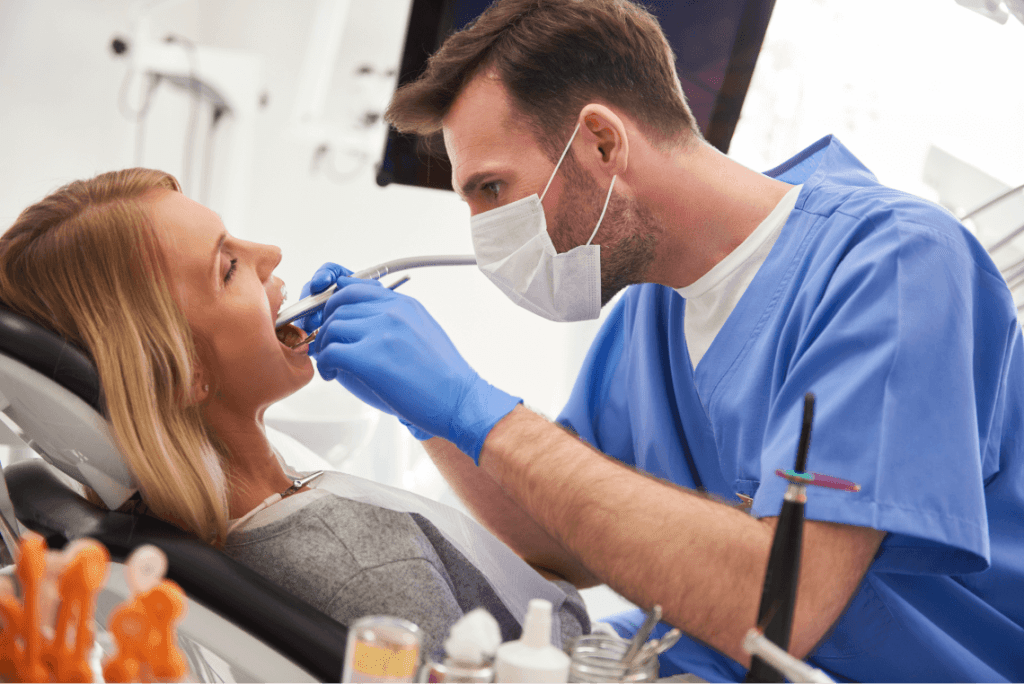Halitosis (bad breath) is not only embarrassing, but it could be a sign that a serious oral disease is affecting your teeth and gums. Learn what may be causing your bad breath, and how to get rid of it for good.
What causes halitosis?
We all have bacteria in our mouths. Some amount of oral bacteria is helpful: It helps eliminate debris in the mouth — such as food particles, mucus, and dead skin cells — that isn’t removed by saliva and brushing. Practicing good oral hygiene and visiting a dentist every six months for an exam and cleaning helps keep oral bacteria growth in check. However, when oral bacteria starts to grow out of control, they start releasing large amounts of smelly gases called volatile sulfur compounds. These sulfur compounds are the cause of bad breath.
Chronic bad breath (halitosis) can result from one or more of the following:
- Not brushing your teeth regularly
- Gum disease (gingivitis)
- Cavities/tooth decay
- Periodontitis
- Dry mouth. Oral bacteria thrive in dry, stagnant environments. Medications, smoking, or underlying health issues can all reduce saliva flow.
- Ulcers
- Gastroesophageal reflux disease (GERD)
- Tonsil stones
People who wear bridges, partial dentures, or full dentures may also have halitosis if the appliance doesn’t fit properly. Dental appliances that press too tightly against the gums can foster bacteria growth. Neglecting to clean dental appliances every day may also cause bad breath.
What does it mean when you constantly have bad breath?
If you have bad breath even though you brush and floss twice a day, use a fluoridated rinse that does not contain alcohol, and see a dentist every six months, it’s likely your halitosis may be caused by dry mouth syndrome, tonsil stones, GERD, or ulcers.
Dry mouth syndrome occurs when the salivary glands are unable to produce sufficient saliva. Dry mouth syndrome can be caused by aging, certain medications, smoking, and disorders of the salivary glands.
If you suffer from halitosis and you’ve never had your tonsils removed, you may have tonsil stones. Composed of bacteria and mouth debris, tonsil stones are tiny, whitish “pebbles” that develop and lodge in tonsil crevices.
In most cases, tonsil stones cause no symptoms and can be detected only by a dental x-ray. Tonsil stones can become dislodged and make their way into the mouth. Biting down on a tonsil stone releases bacteria gases that smell much worse than normal bad breath.
What causes bad breath even after brushing?
Some foods can cause bad breath that lingers even after brushing. Onions and garlic are natural bad breath producers. You can brush immediately after eating onions or garlic and still have smelly breath. One reason involves your tongue. Molecules left behind by onions and garlic actually contain a sulfur-like substance similar to the sulfur produced by bacteria. When you eat onions or garlic, those molecules become embedded in your tongue’s grooves. You may be able to reduce the smelliness of onion or garlic breath by brushing or scraping your tongue.
Bad breath after brushing regardless of what you eat means something more serious is going on in your mouth. It could be gum disease, a cavity that needs to be filled, or chronic dry mouth due to a saliva gland disorder. Schedule an appointment with a dentist if bad breath persists despite brushing, flossing, and rinsing regularly.
Do stomach ulcers cause bad breath?
Yes, stomach ulcers can make your breath smell bad. Studies have found a link between bacteria that cause ulcers and halitosis. In particular, the H. pylori species of bacteria involved in the formation of peptic ulcers has been found to survive in the mouth alongside oral bacteria. H. pylori also emits sulfur-like gases once it starts living in the mouth.
Symptoms of peptic ulcers include heartburn, bloating, nausea, and a constant burning pain in the stomach. Even if you have these symptoms but not bad breath, you should see a doctor for a check-up. Ulcers do not improve on their own without medication and lifestyle changes.
Can lemon water help bad breath?
Pure lemon water contains rich amounts of vitamin C that can help reduce the risk of gingivitis. The antibacterial properties of lemons may also inhibit the growth of oral bacteria on your tongue and teeth. Although lemon water works to refresh your mouth and stimulate saliva flow, it is only a temporary fix that does not treat the root cause of your bad breath.
Does salt water help bad breath?
Rinsing your mouth with salt water can help kill the bacteria responsible for bad breath and gum disease. Salt creates an alkaline environment in the mouth that is hostile to oral bacteria. However, the ability of salt water to maintain this environment is temporary. Rinsing with salt water to reduce bad breath may work but, like using lemon water for halitosis, it doesn’t treat the primary cause of your bad breath.
Tips for keeping breath fresh
- Brush your tongue in the morning to remove bacteria that accumulates overnight. The white, fuzzy coating on your tongue in the morning is actually bacteria!
- Floss twice a day to remove food particles from between teeth. Tooth decay and cavities are often the result of food particles that remain between teeth after brushing. Bacteria feed off these particles and produce more bacteria, contributing to bad breath and gum disease.
- Rinse with non-alcoholic mouthwash. After brushing your teeth and scraping your tongue in the morning, rinse and gargle with alcohol-free mouthwash to finish removing any remaining bacteria. Gargling enables the mouthwash to reach the back of the throat, an area where bacteria thrive because it is rich in mucus and lacks saliva flow.
- Keep your mouth hydrated throughout the day by drinking plenty of water. Eating fresh, crunchy vegetables like celery, carrots, and apples also helps remove food particles on teeth while promoting saliva flow.
How to get rid of bad breath permanently
Bad breath that does not respond to regular brushing and flossing means the likely culprit is gum disease, tooth decay, cavities, or problems with the salivary glands. These problems do not go away without professional dental care. Temporary fixes for bad breath could result in worsening gingivitis or tooth decay, eventually requiring more extensive dental treatment.
Don’t delay in scheduling an appointment with a certified pain-free dentist for bad breath treatment. Visit our directory to find a dentist near you.
















